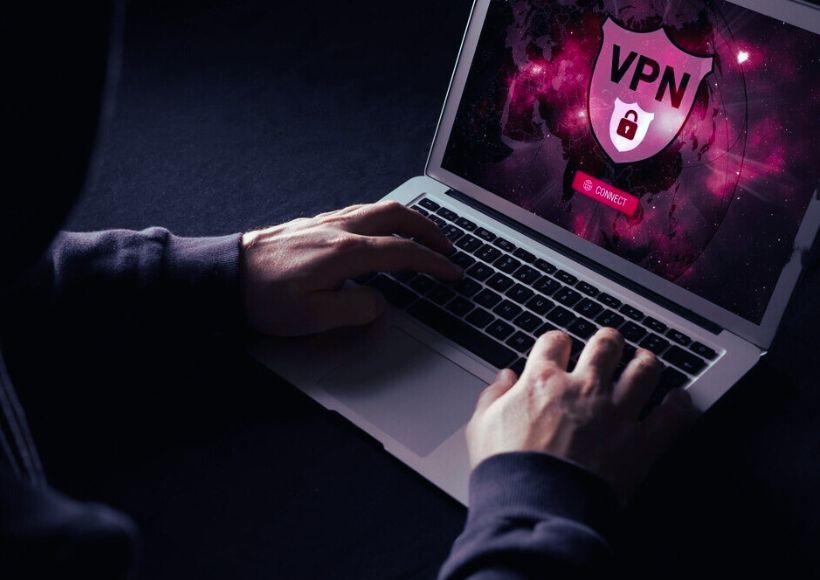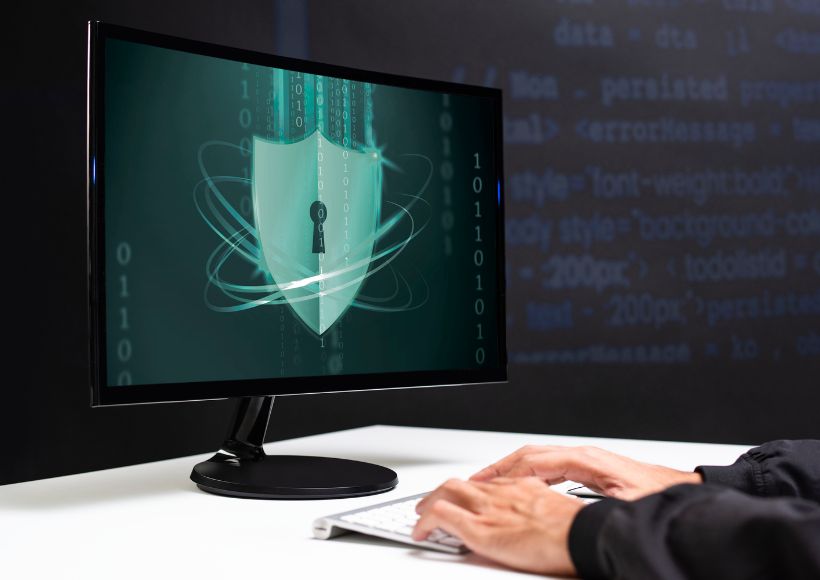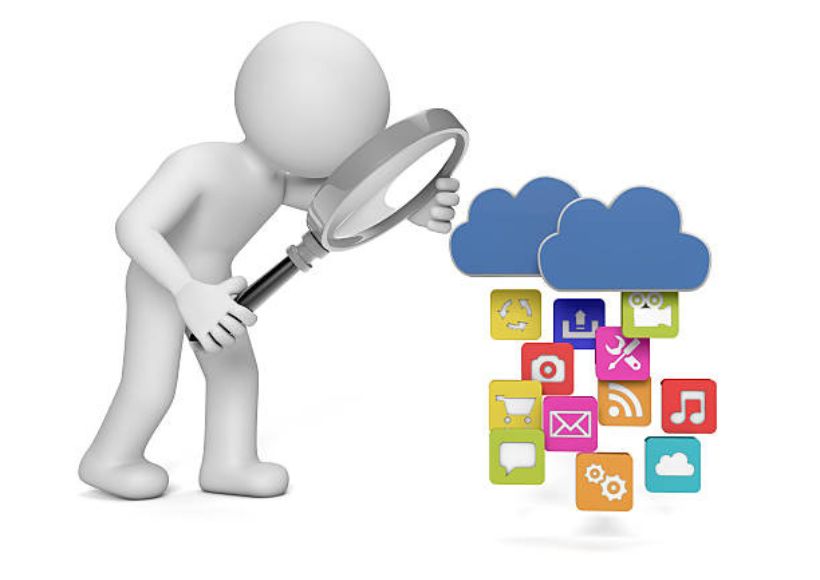What is a VPN, And What Is It For?

Let’s start with the definition. A VPN (Virtual Private Network in English or Virtual Private Network) is a network technology that allows us to create a secure and private connection between devices over the Internet, usually between us and the company that establishes the filter. And provides us with the VPN.
This connection uses a virtual tunnel to protect the information that is transmitted and received, preventing it from being intercepted by third parties. That is, it prevents others from seeing where we are browsing or identifying us.
Years ago, it was associated with very critical information or generally when you wanted to do “wrongdoing” on the internet. We don’t want anyone to know that it was us since, for the rest, they are servers located in different parts of the world from where it leaves and does the navigation, navigation that is then encrypted. It is virtually “impossible” (although there is nothing impossible) to know what the source is.
However, with the growing and enormous number of applications that capture information from our computers with the aforementioned cookies or with mobile applications, we provide a lot of information to third parties who then sell to other companies and allow our data to be processed without our knowledge although it is true that by having installed the application we have already accepted it under its conditions but that no one reads.
For this reason, there are more and more users who, seeking privacy, use VPNs with the sole intention of not recapitulating data from their browsing and not bombarding them with advertisements and emails… that is, they are looking for some privacy and calmness in their online lives.
What is the function of a VPN?
The primary function of a VPN is to provide privacy and security for internet connections. Serves for:
Hide the user’s IP address: and geographic location, allowing access to restricted content or avoiding censorship.
Protect personal and financial information: when conducting online transactions.
Increase the security of wireless connections: in public places such as cafes, airports, etc.
Allow access: To a company’s private networks from anywhere.
Access streaming: services that are blocked in certain regions.
Privacy Protection: A VPN helps protect users’ privacy by hiding their IP addresses and encrypting their internet connections. This means that Internet service providers, hackers and other potential intruders cannot view a user’s online activity or obtain personal information.
Access to restricted content: When connecting to a server where we have critical data and we want the communication to be private.
How does a VPN work?
A VPN works by creating a secure, private connection between the user’s device and a VPN server. When a user connects to a VPN server, their internet traffic is routed through an encrypted tunnel before being routed to the internet. This means that information transmitted between the user’s device and the VPN server is protected from prying eyes, including internet service providers, hackers, and other potential intruders.
Additionally, by connecting to a VPN server in another geographic location, users can access websites and services that would otherwise be blocked or restricted in their current location. This is known as “virtual location shifting” and is especially useful for accessing content that is only available in some areas of the world, such as TV streaming services or news websites.
VPN Conclusions.
A VPN, or virtual private network, is a technological tool that allows users to connect to the Internet securely and privately. Through a VPN, users can access websites, services, and applications that would otherwise be blocked or restricted. Additionally, a VPN also helps protect users’ privacy and security by hiding their IP addresses and encrypting their internet connections.
In recent years, VPN technology has become increasingly popular due to growing concerns about online privacy and the need to access restricted content in different regions of the world, such as torrent programs that are turned off in certain countries. since it is accessed from outside those countries, the VPN allows safe browsing.
Also Read : The Eight Best Security Apps To Protect Your Mobile




